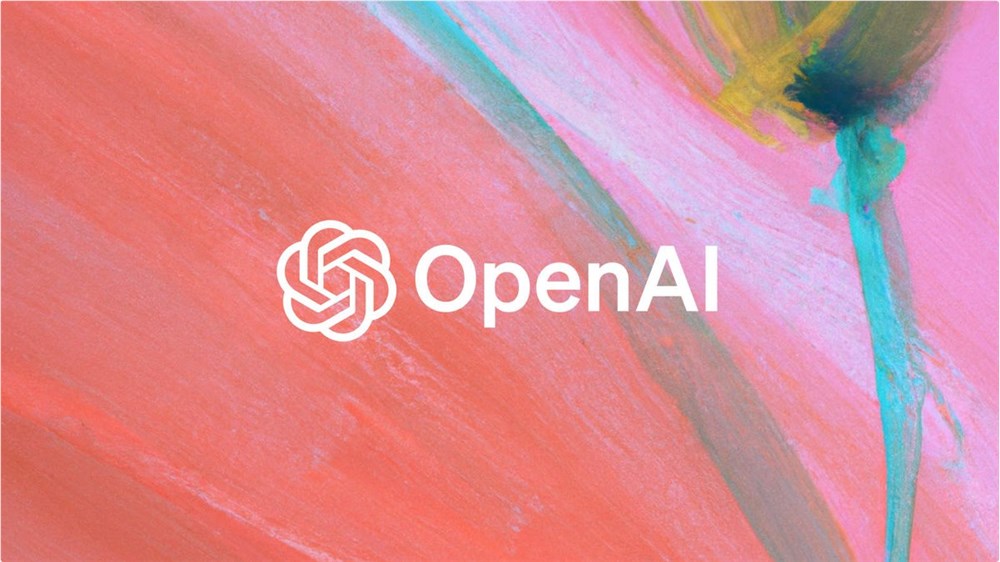OpenAI announced a US$1.5 billion stock repurchase plan, expanding its investment scale again after SoftBank’s recent US$6.6 billion investment. OpenAI’s valuation has reached US$157 billion. The move was promoted by SoftBank CEO Masayoshi Son and is aimed at increasing its stake in OpenAI. The buyback program benefits eligible employees, allowing them to choose to cash out before December 24. This move has nothing to do with OpenAI’s possible future corporate restructuring, and also reflects SoftBank’s continued growing investment interest in the field of artificial intelligence.
According to people familiar with the matter, the deal was driven by SoftBank founder and CEO Masayoshi Son, who hopes to obtain a larger stake in OpenAI.

This financing not only provides SoftBank with the opportunity to further increase its holdings in OpenAI, but also provides current and former OpenAI employees with the opportunity to cash out. Employees participating in this stock repurchase must have obtained restricted stock units two years ago and have held them to this day. Employees have until December 24 to decide whether to participate in the program. This transaction is not related to OpenAI's possible future corporate restructuring plan.
SoftBank is increasingly interested in investing in artificial intelligence. Son said at a recent conference that he was stockpiling "tens of billions of dollars" to make larger investments in artificial intelligence. In addition to OpenAI, SoftBank has also invested in Arm in its early stages and participated in investments in companies such as Apple, Qualcomm and Alibaba.
SoftBank’s Vision Fund 2 has also recently invested in a number of artificial intelligence startups, such as Glean, Perplexity and Poolside. Currently, SoftBank manages $160 billion in assets across 470 portfolio companies.
Before SoftBank’s investment, OpenAI had been able to easily raise billions of dollars in funding. Since launching ChatGPT, OpenAI’s valuation has soared to $157 billion in two years. Its total financing amounted to US$13 billion, including financial support from Microsoft. Additionally, OpenAI secured a $4 billion revolving credit facility, bringing its total liquidity to more than $10 billion.
Although OpenAI expects revenue of $3.7 billion this year, it also expects to face losses of about $5 billion. This share repurchase will help employees obtain liquidity in the current private market environment without relying on a listing.
In the past, OpenAI has adopted a stricter policy on stock buybacks, but since the summer, the company has relaxed its restrictions on stock sales. In the future, OpenAI plans to continue to increase these types of secondary sales opportunities in response to investor demand.
At the same time, OpenAI is facing fierce competition from startups such as Anthropic and technology giants such as Google. Market analysts predict that the generative AI market will exceed $1 trillion in revenue within the next decade, and corporate spending in this area has increased by 500% this year.
OpenAI recently launched a search feature in its popular ChatGPT, allowing it to better compete with search engines such as Google, Microsoft's Bing and Perplexity.
Highlight:
OpenAI launches a $1.5 billion stock buyback plan, and employees can participate in cash out.
SoftBank increased its stake in OpenAI, showing its strong investment interest in the field of artificial intelligence.
The generative artificial intelligence market is expected to exceed $1 trillion within the next decade.
All in all, OpenAI's stock buyback plan not only meets the needs of employees to cash out, but also reflects SoftBank's firm confidence and huge investment in the AI field. In the future, OpenAI will continue to develop in the fierce market competition and strive to seize the huge opportunities brought by the hundreds of billions of dollars market.